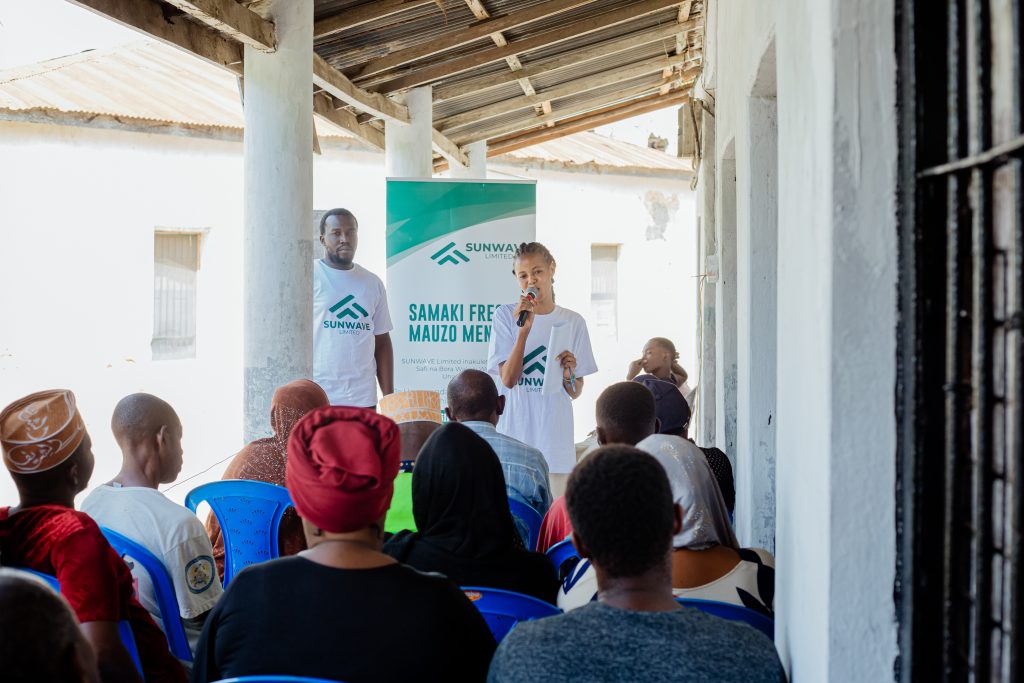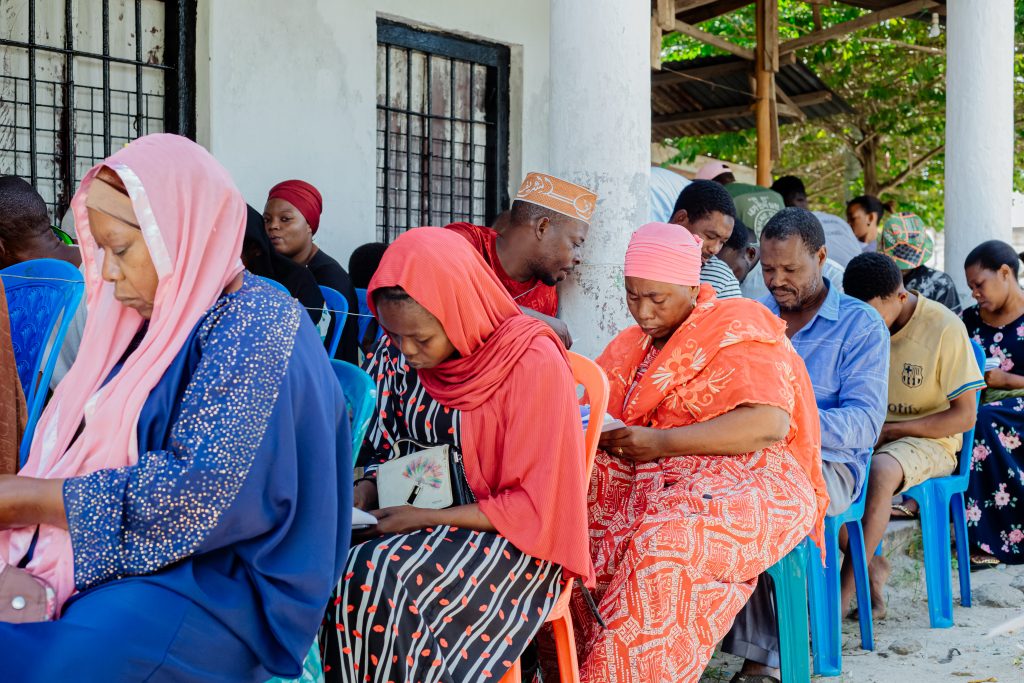
Introduction
Sunwave Limited team traveled to Bagamoyo, a historic coastal town in Tanzania, to conduct comprehensive user research. Our goal was to gain deeper insights into the challenges faced by small-scale fishers and fish sellers in the region, particularly regarding ice availability and fish preservation methods.
Understanding Local Needs
During our visit, we engaged with numerous fishers, vendors, and community leaders to understand their daily operations and the obstacles they encounter. The lack of reliable and affordable ice emerged as a significant issue, leading to frequent spoilage of catch and reduced income for both fishers and sellers.
We observed that the existing ice supply is not only inconsistent but also often produced using methods that are not environmentally friendly. Additionally, the ice available is typically not food-grade, raising health and safety concerns for both sellers and consumers.

Insights and Findings
Our user research in Bagamoyo provided invaluable insights:
Community Desire for Change: There is a strong interest among community members for sustainable and reliable solutions to these challenges.
Economic Impact: Fish spoilage due to inadequate preservation methods results in substantial financial losses for local fishers and vendors.
Environmental Concerns: Current ice production relies heavily on fossil fuels, contributing to environmental degradation.
Health Risks: The use of non-food-grade ice poses significant health risks to consumers.
Moving Forward
The findings from our research have reinforced our commitment to providing sustainable, solar-powered ice solutions tailored to the needs of coastal communities like Bagamoyo. We are now working on customizing our technology to address the specific challenges identified, ensuring that our solutions are effective, affordable, and environmentally friendly.
We plan to return to Bagamoyo in the coming months to pilot our solar-powered ice machines, providing training and support to local users. Our aim is to create a positive impact on the livelihoods of small-scale fishers and sellers by reducing spoilage, improving income stability, and promoting sustainable practices.
